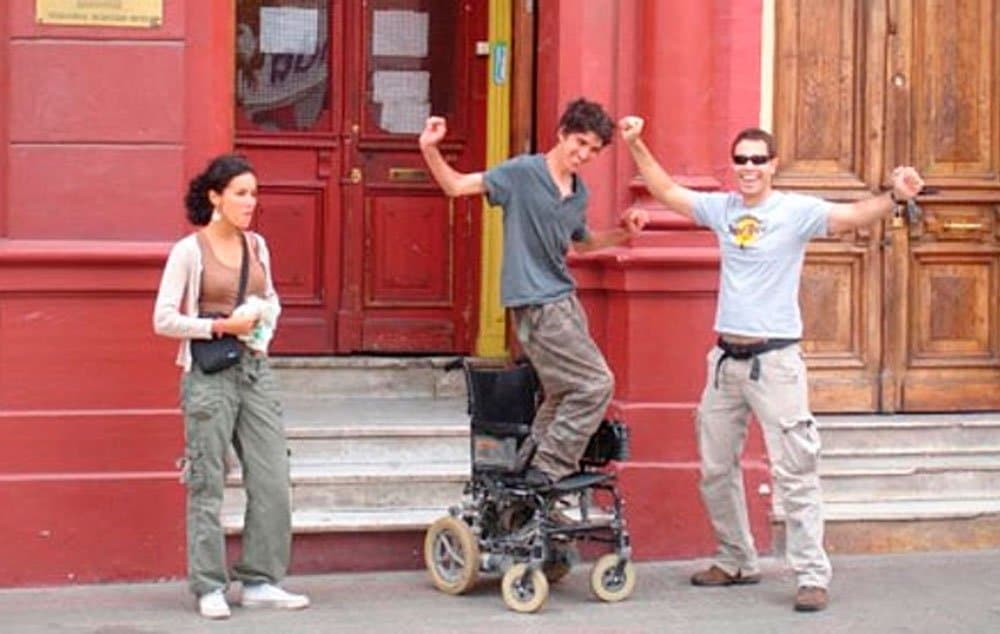After sixth form most of my friends were looking forward to university, or looking for a job in London. I had other thoughts. In November I flew to Lima, Peru, to embark on a three-month trip around South America, with only my electric wheelchair and reading material for company.
I was born with cerebral palsy and my parents were told by doctors that I would have difficulty ever being able to walk. Nevertheless, from my father’s upbringing in Nigeria and my mother’s trips to Jamaica and Lebanon in her teenage years, I had travelling in my blood, and by the age of 18 was off on my own adventure.
After reaching the town of Aguas Calientes, I took a bus up a mountain road, until the ruins of Machu Picchu came into view. I abandoned my wheelchair at the entrance to the site, which promptly drew the attention of the entrance guard.
“It is OK there, no?” I asked, somewhat harshly. The guard nodded, bewildered at my intentions.
Already hot from the beating sun, but undeterred, I made my way on foot, deliberately taking the longer of the two routes to the top. I have never been a person to turn down a challenge, and this was a physical one harder than most I had ever faced. A few hours later, I was standing at the very top, gasping for breath and staring in wonder across at Huayana Picchu.
At times, however, being separated from my wheelchair happened by necessity, rather than choice. When I arrived in Buenos Aires, it took only a matter of minutes for the spring of the joystick which controlled the wheelchair’s movement to snap out of place, rendering the vehicle obsolete. After a few moments of despair, I was on my feet again, pushing the wheelchair (of considerable weight) along the street. It was a tiring few days in Argentina, and being offered money in the street as if I was a beggar was not particularly heartening, but I made my way to the Iguazu Falls, on the border with Brazil. The beauty and power of the waterfalls washed away most of my worries. A friend from London flew out to Rio de Janeiro for a Christmas rendezvous, and brought a spare part for the wheelchair with him.
Brazil was the last stop in a trip that also took me through Chile and Bolivia. I enjoyed Bolivia most out of all the countries I visited. It was also the place with least provision for disabled people, in the conventional sense, with high pavement kerbs and bumpy roads.
However, it was something else that helped me get around: the kindness, generosity and patience of the people I met. How can I forget the descent down one of the steepest hills I had ever seen, on my way to La Paz, cramped inside a minibus with my wheelchair precariously balanced on its roof, praying that it didn’t fall off!
Disabled people aren’t “supposed” to do things like this. Which is precisely why I did.
Jody McIntyre, jodymcintyre.wordpress.com/about
Source: The Guardian



